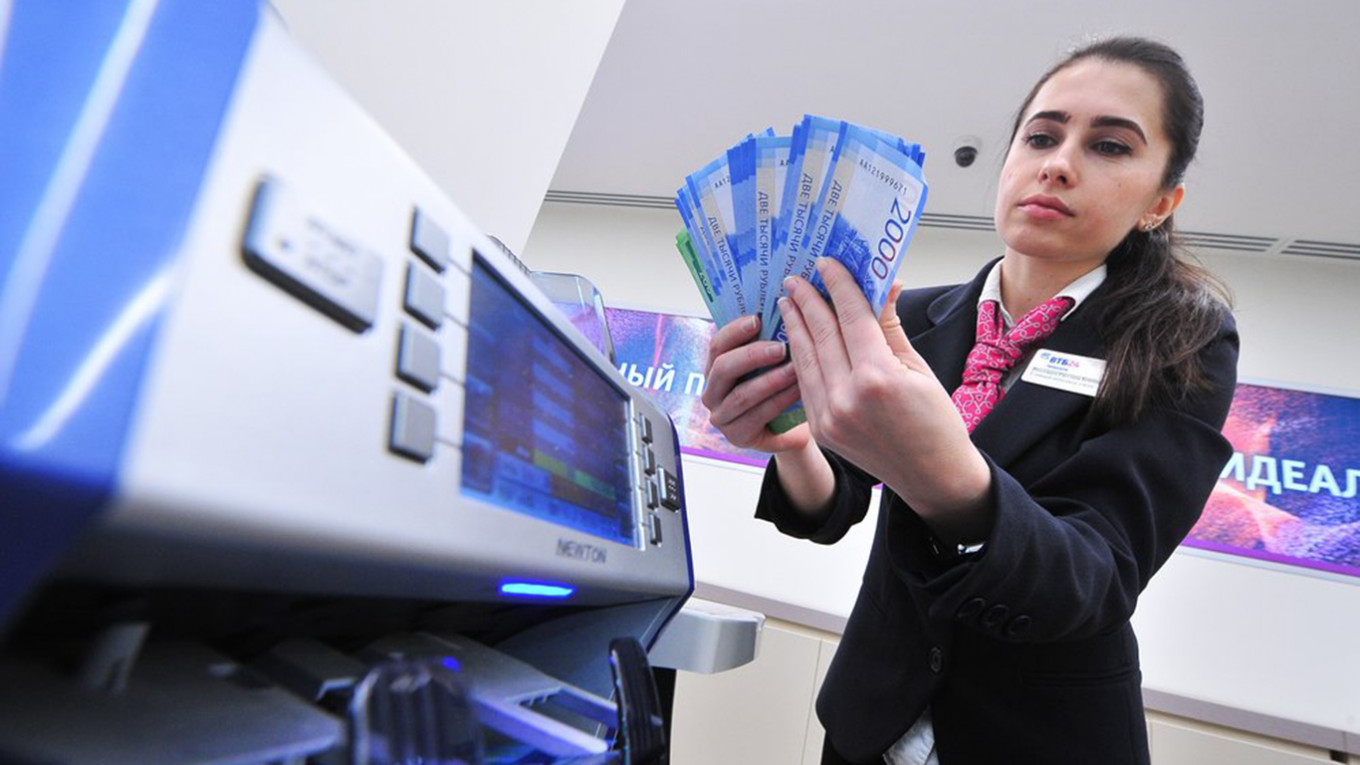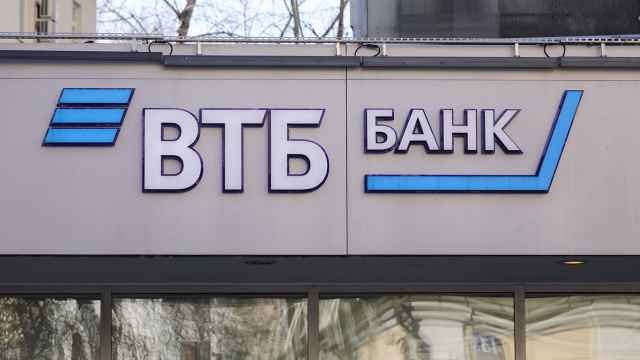Two Crimean businesses have won a landmark legal case over the repayment of loans taken out with a Ukrainian bank before the peninsula was annexed by Russia in 2014, news site RBC has reported.
Local authorities were trying to recover almost one billion rubles ($15 million) of debts under a controversial setup which allows a compensation fund — established to reimburse Crimean residents who lost bank deposits when Ukrainian banks left Crimea following the Russian takeover — to seize property and unpaid debts owed by Crimean businesses to Ukrainian banks.
The Depositor Protection Fund (DPF) argued that the Dnepr Metal Servis Group (DMSG) should pay it 927 million rubles that it had not returned to Ukrainian Delta Bank on a 2011 loan agreement. However, the Sevastopol Arbitration Court ruled last week that DMSG had already reached an agreement with Delta Bank over the loan, and the DPF therefore had no grounds to request reimbursement. The DPF also lost its attempt to withhold property owned by a group connected to DMSG.
It is the first time the DPF has lost such a case.
Legal experts told RBC the episode highlights another set of legal complexities faced by firms operating in Crimea, as Russian courts have to interpret and rule on commercial agreements that were taken out between two Ukrainian entities under Ukrainian law. Stanislav Petrov, managing partner of Precedent Consulting, a law firm which represents businesses operating in Crimea, said the ruling “will have will have a stabilizing effect” on the DPF’s activities in Crimea.
The DPF claims to have reimbursed 30 billion rubles ($450 million) to Crimean depositors who had cash saved with Ukrainian banks prior to the annexation. According to the organization’s website, it offers compensation of up to 700,000 rubles ($10,500) unilaterally, and provides legal support to help depositors recover sums above this amount from the Ukrainian banks who left the peninsula immediately after the Russian annexation.
A Message from The Moscow Times:
Dear readers,
We are facing unprecedented challenges. Russia's Prosecutor General's Office has designated The Moscow Times as an "undesirable" organization, criminalizing our work and putting our staff at risk of prosecution. This follows our earlier unjust labeling as a "foreign agent."
These actions are direct attempts to silence independent journalism in Russia. The authorities claim our work "discredits the decisions of the Russian leadership." We see things differently: we strive to provide accurate, unbiased reporting on Russia.
We, the journalists of The Moscow Times, refuse to be silenced. But to continue our work, we need your help.
Your support, no matter how small, makes a world of difference. If you can, please support us monthly starting from just $2. It's quick to set up, and every contribution makes a significant impact.
By supporting The Moscow Times, you're defending open, independent journalism in the face of repression. Thank you for standing with us.
Remind me later.






